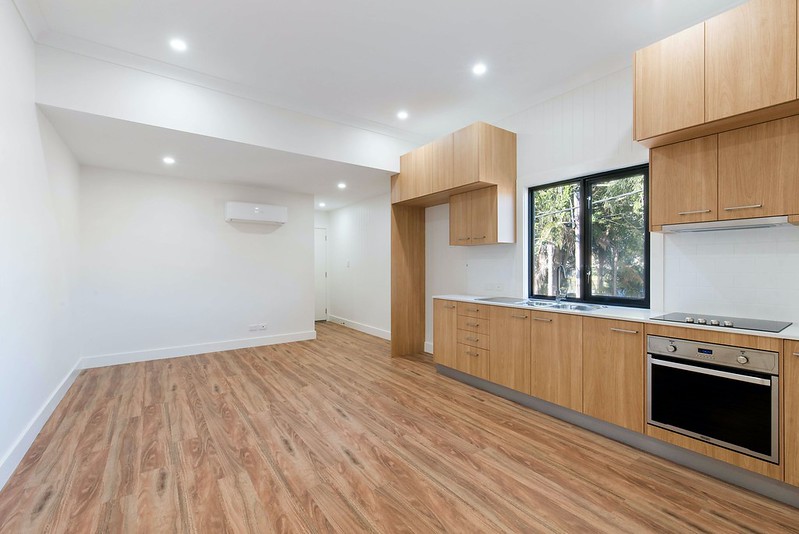
Renting in the UK has become significantly more expensive, with a 10.4% surge in costs over the past year, reaching a 10-year high. Data from Zoopla reveals that in some areas, monthly
rental payments consume a substantial 40% of the average income. This inflation in rental prices has outpaced wage growth for the past 21 months.
Edinburgh experienced the highest rental inflation rate, with a 13.7% increase to £1,130 per month. Additionally, seven cities, including London, Manchester, Glasgow, Southampton, Aberdeen, and Cardiff, witnessed double-digit percentage growth in rental costs over the last year.
The average monthly rent in Britain has risen by approximately £106, reaching £1,126. However, this surge in rental prices has resulted in rent accounting for 28% of tenants' pre-tax earnings, slightly above the ten-year average of 27%. In London, rental costs devour 40% of tenants' gross earnings, although this figure falls short of the 2015 peak of 43%.
Peter Horby, the executive director of Zoopla, warns of growing concerns among renters, particularly those with lower incomes, as rental affordability becomes strained. Horby emphasizes the need to bolster rental supply as a crucial policy measure to foster a healthier and more sustainable rental sector.
Zoopla predicts that as rental demand continues to outstrip supply, unaffordability will eventually impede inflation, resulting in a projected slowdown to around 8% by the year's end. Nevertheless, even at this rate, rental price growth will outpace wage growth.
A significant factor contributing to rising rental costs is the shortage of available homes for rent, which has declined by a third compared to the five-year average. Furthermore, demand is expected to rise due to factors such as increasing mortgage rates for first-time buyers, a robust labor market, high immigration, and the peak period of rental demand between July and September.
The combination of more renters and fewer available homes intensifies the pressure on rental inflation. Unfortunately, the supply situation is unlikely to improve in the latter half of the year, as higher borrowing costs deter corporate and private landlords from making new investments.
Citizens Advice reports a surge in "no-fault" evictions, with a 25% increase compared to the same month last year. This rise in evictions, along with the escalating living costs, has made it increasingly difficult for tenants to afford their rent.
While some landlords may sell their properties due to higher mortgage rates and the loss of tax benefits, Zoopla argues against the notion of a mass exodus from the rental market. The number of privately rented homes has remained steady since 2016, with no substantial change in the pace of landlord sales since 2018. However, landlords with high loan-to-value loans are most vulnerable to rising interest rates, and an increase in rates could prompt them to sell their properties.
The average two-year fixed rate for buy-to-let mortgages currently stands at 6.4%, rising by 0.1% in just 24 hours, according to Moneyfacts. With higher interest rates, those with limited equity in their properties are more likely to sell as they approach refinancing.



































